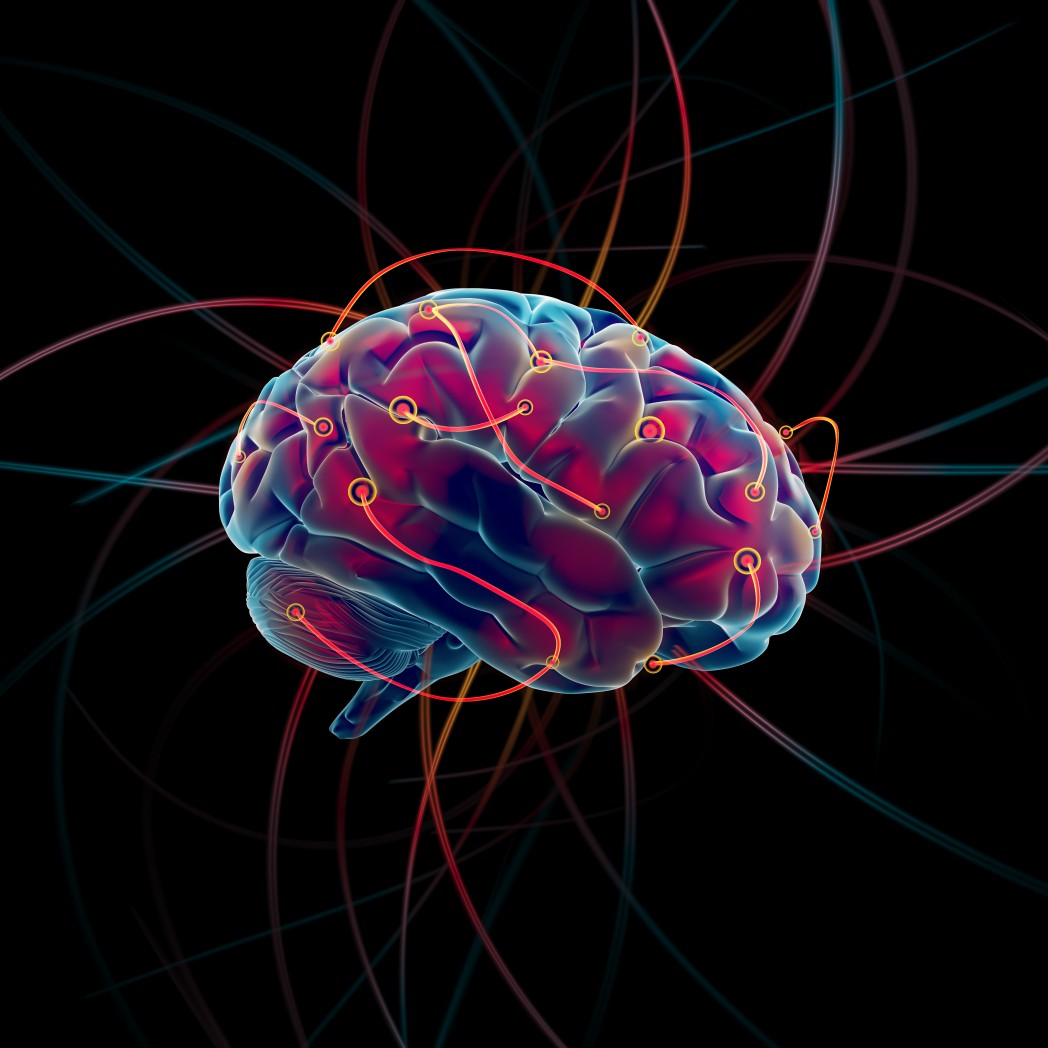Novel Prodrug with Potential for ALS and Like Diseases Acquired by Startup, Yumanity Therapeutics

Yumanity Therapeutics has recently licensed a prodrug invented at the University of Arizona (UA), adding it to the company’s expanding platform of potential therapies for neurodegenerative diseases like amyotrophic lateral sclerosis (ALS).
Neurodegenerative diseases result from errors made during the building and folding processes of proteins within the cell. In 2009, UA researchers synthesized a compound with potential drug properties: a prodrug called Withaferin A, which the body can metabolize to result in a drug able to inhibit the growth of new blood vessels. Interestingly, Withaferin A also has heat shock-inducing properties that can help the process of protein folding, with the potential to prevent and/or repair eventual errors. This prodrug was first isolated from the winter cherry, but analogues could also be produced through innovative aeroponic methods of plant cultivation.
“Although it is too early to say if our discovery will lead to a useful therapeutic agent for neurodegenerative diseases, we are thankful to Yumanity for the company’s willingness to take it one step closer,” the prodrug’s lead inventor, Leslie Gunatilaka, a UA professor of arid lands studies and director of the Natural Products Center of the School of Natural Resources and the Environment, said in a press release.
Yumanity Therapeutics, a Cambridge, Massachusetts-based startup founded in 2015, will add the UA prodrug to its expanding therapeutic platform, which includes contributions from the Whitehead Institute for Biomedical Research at MIT, the University of Chicago, the University of Missouri, the University of Washington, and Pfizer, Inc. The company also recently closed a Series A financing round that secured an estimate of $45 million from leading life-sciences investors.
“I am delighted that the work by Whitehead scientists and their academic collaborators such as UA will be translated into therapies for humankind’s most devastating diseases,” said Carla DeMaria, director of intellectual property and sponsored programs for the Whitehead Institute.
Globally, over 55 million people are affected by neurodegenerative diseases such as Alzheimer’s, Parkinson’s, and ALS. Though a number of medications are available to manage symptoms, no cures exist for these and other neurodegenerative diseases.






